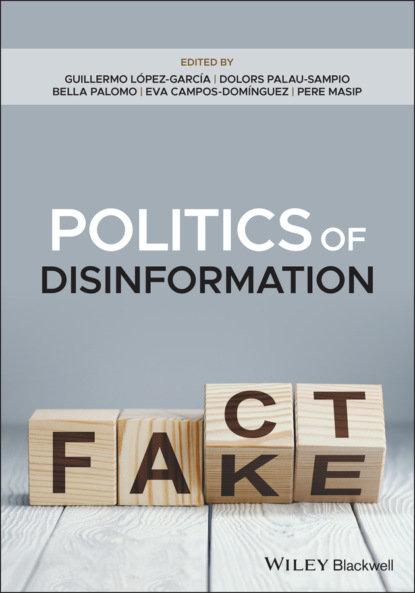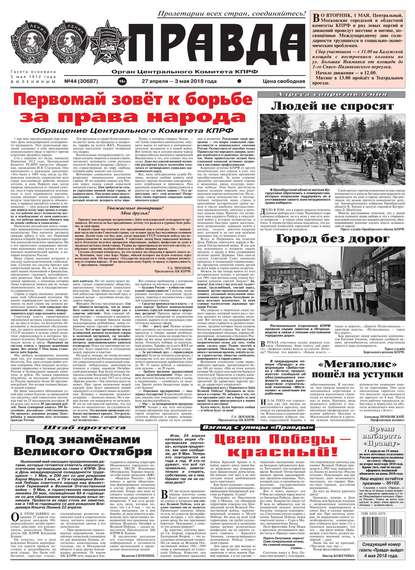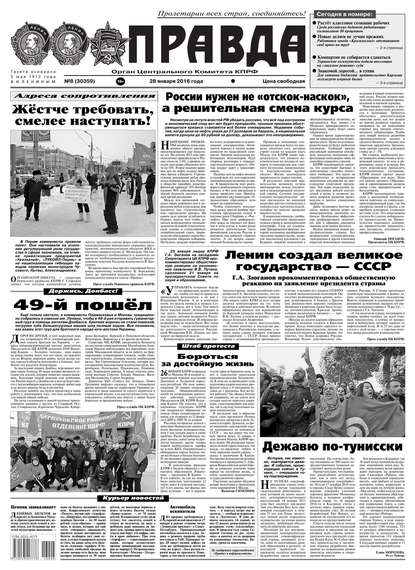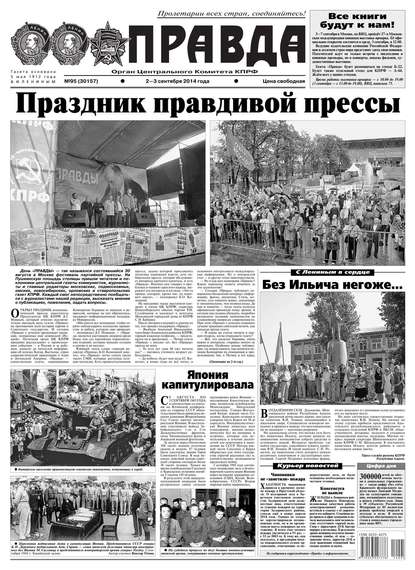В книге «POLITICS OF DISINFORMATION» авторы рассказывают об основных концепциях теории дезинформации, их влиянии и заявляют: без знания такого материала в области коммуникации, журналистике и политике представить невозможно. Они исследуют причины возникшей проблемы фейковых новостей в международной арене. Это и фундаментальные теоретические концепции дезинформации и анализ влияния новых методов обмана и распространения ложной информации в публичном пространстве. Авторы приводят примеры использования дезинформации в разных частях мира, включая, но не ограничиваясь Европой, Ближним Востоком и Южной Америкой. В главе рассматриваются темы: влияние популизма на рост дезинформационных кампаний, увеличение политического влияния социальных сетей, использование фак-чекинга для борьбы с фейковыми новостями, эхо-камеры, сравнительный анализ, который влияет на консерваторов и либералов. Также они анализируют свои выводы на примере испанской избирательной кампании 2020 года и влияние ее результатов.
В конце вы найдете объемное исследование демократических последствий сетевой персонификации или возможной реакции журналистики на дезинформацию.
Электронная Книга «Politics of Disinformation» написана автором Группа авторов в году.
Минимальный возраст читателя: 0
Язык: Английский
ISBN: 9781119743316
Описание книги от Группа авторов
POLITICS OF DISINFORMATION Discover a comprehensive exploration of the underlying theories of disinformation, and their impact, from leading voices in the field Politics of Disinformation delivers a thorough discussion of the overwhelming problem of modern fake news in the political arena. The book reviews fundamental theoretical concepts of disinformation and analyzes the impact of new techniques of misinformation and the dissemination of false information in the public space. A group of distinguished authors provide case studies throughout the text to illustrate the effect of disinformation all around the world; including, but not limited to Europe, the Middle East, and South America. The chapters include examination of topics such as the rise of populism, the increasing political influence of social networks, the use of fact checking to combat fake news and echo chambers, and comparative analyses of how disinformation affects conservatives and liberals. A final case study examines all of these factors as they relate to the recent Spanish election of 2019 and how they affected the results. This book also includes: A thorough introduction to the politics of disinformation and the relationship between disinformation and populism An exploration of the democratic implications of networked persona construction and the likely reaction to disinformation by future journalists Discussions of the third person effect and fake news in Spain, as well as perceptions, views, and definitions of fake news among Israeli conservatives and liberals A treatment of disinformation in campaigns in France, Brazil, and Spain Perfect for use as a reference book for students and scholars of political communication and political science, Politics of Disinformation will also earn a place in the libraries of practicing journalists and students of journalism and media studies, as well as those studying or working in communications.



















